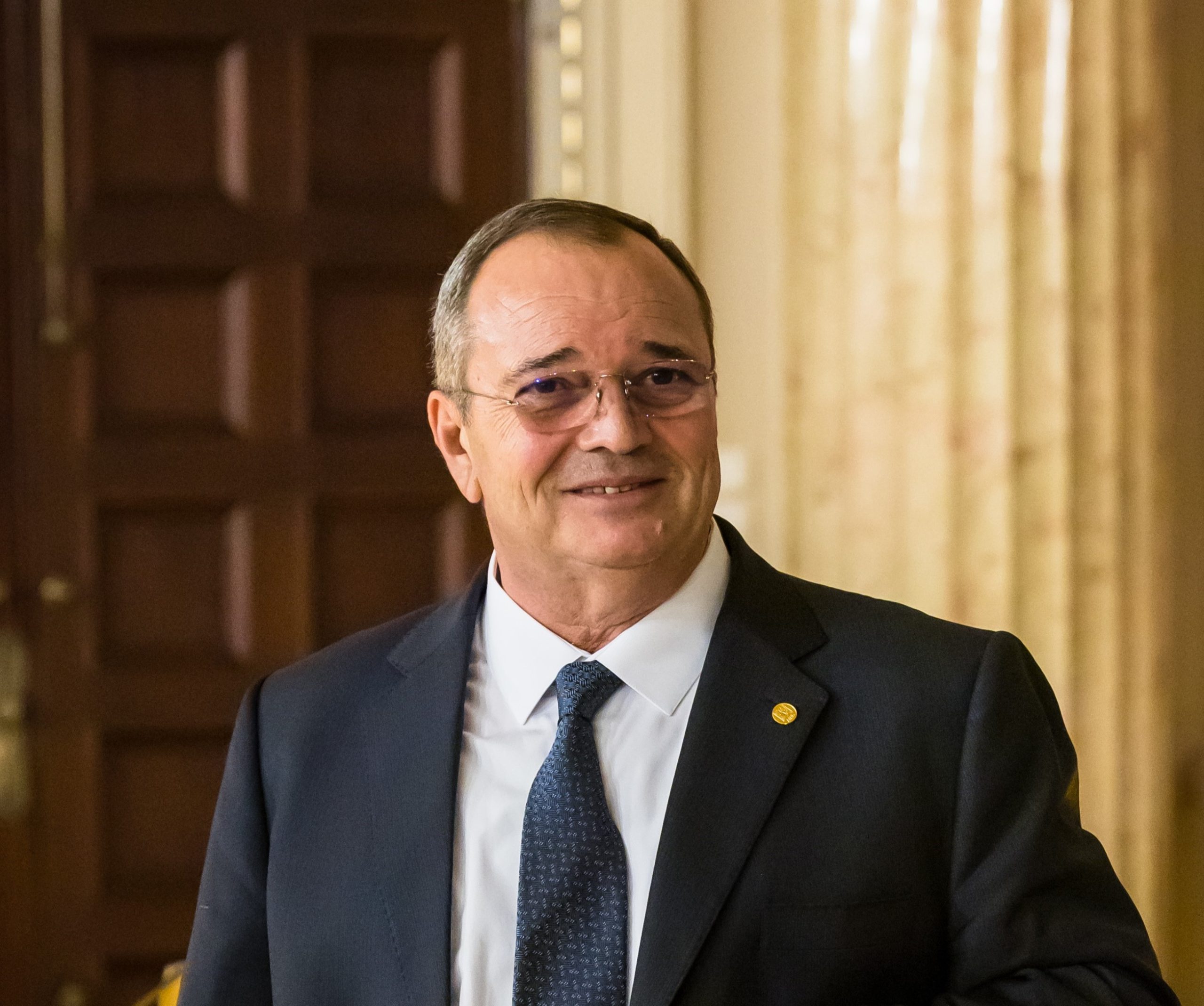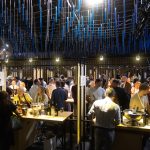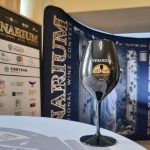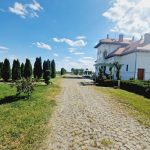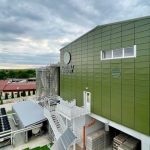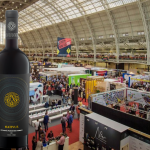In the year marking its 75th anniversary, Jidvei has come to represent more than just the premier winery of Transylvania. Today, after many years of effort, it is a five-star enotourism destination, a model of circular economy, local development, and a provider of unique experiences. Marinela Ardelean spoke with Claudiu Necsulescu about the present and future of wine tourism, the farm-to-table concept, and the investments that will shape Jidvei’s evolution in the coming years.
"It is a legacy for the community"
Marinela Ardelean: You have the most complex and I impressive hospitality structure offered by a Romanian winery, from a five-star castle to wine and food experiences that fulfill the farm-to-table concept. I must admit that, personally, I have only encountered such experiences in countries like France, Italy, or Chile.
What percentage of your development strategy in the area of wine tourism is aimed at increasing brand awareness for JIDVEI wines, and how much is strictly about developing and selling enotourism services that can be enjoyed by those who are not necessarily wine consumers?
Claudiu Necsulescu: The Bethlen-Haller Castle is, first and foremost, a symbol of Jidvei wines. When we begun the restoration process in 2003, there was no one was talking about wine tourism in Romania. Our first thought was to leave a legacy for future generations, for the community and the area, because beyond the close connection with Jidvei, the castle is a symbol of the Tarnave Valley. At the same time, we sensed the enormous potential that associating the image of a castle with wines and all of Jidvei’s activities could have.
It’s hard to make a very precise evaluation because there is no tool to measure the positive effect that enotourism activities have on the Jidvei brand. As this segment was built within the Group, it encompasses all the values that underpin the spirit of the company. I wanted Jidvei to become an integrated company, from the vine to the bottled wine—we produce our own planting material for vineyards and make wines exclusively from our own grapes. It was a great challenge, but we succeeded.
"We capitalize on the region’s heritage"
We apply the same principle in our enotourism activities—the ingredients used in the castle’s restaurants come from our gardens, farms, and orchards. We also support local producers, and for certain products that we cannot yet produce, we buy from them.
In the restoration process, we used natural materials from the area—stone, wood, etc.—and worked with local craftsmen who still know the secrets of traditional crafts, all of which were, of course, supervised by teams of specialists.
We tried to capitalize on elements that best define the rich heritage of the area, and today, the Bethlen-Haller Castle is a place where history meets the present, and the authenticity of the Transylvanian village blends with the elegance of past centuries’ aristocracy. Recently, we obtained a five-star rating for accommodation and restaurants, which is a great recognition for all our efforts over the past 20 years.
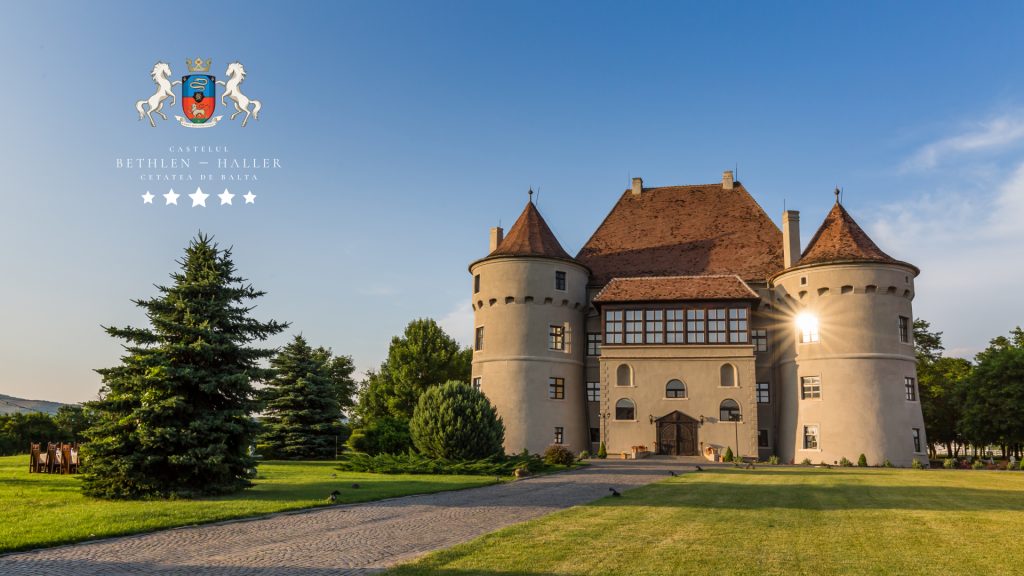
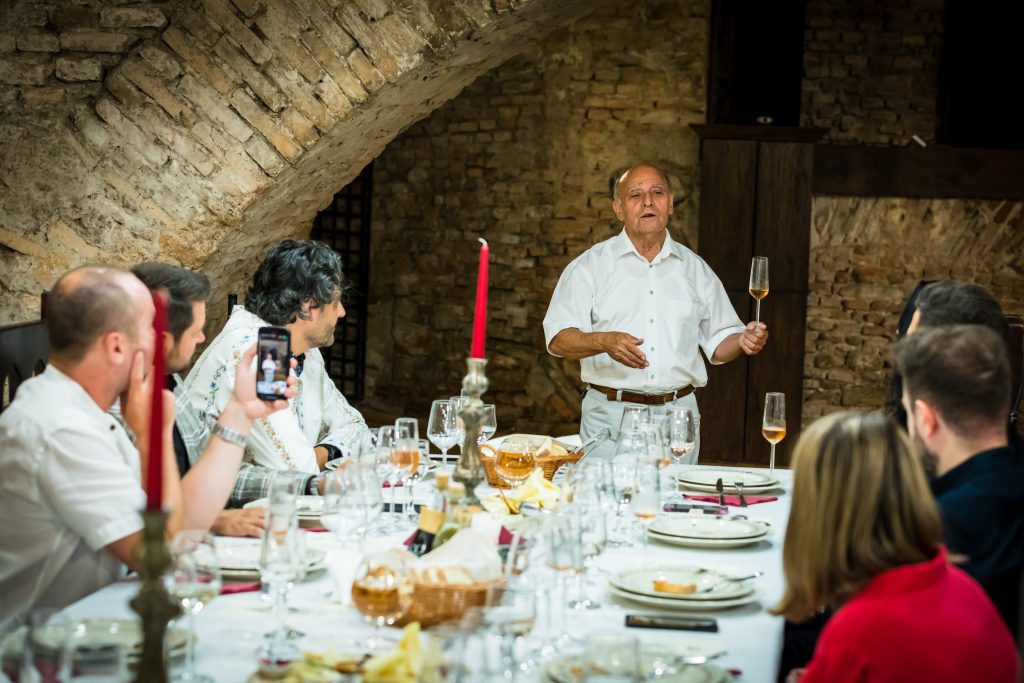
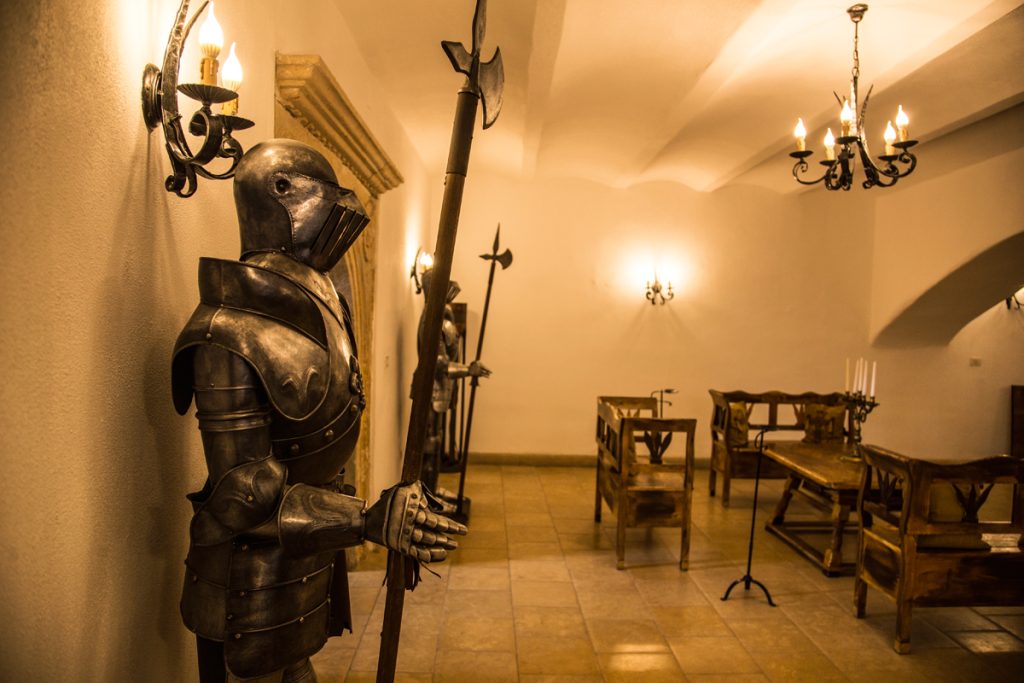
"We Wanted a Big Family!"
M.A.: The growth of enotourism also means the development of the community where it is practiced. New jobs, transportation, souvenirs, and the promotion of nearby cultural destinations are just a few areas that develop indirectly. If, in the case of the vine, referring to new plants, you solved the problem by establishing the first private vine school in Romania, how do you manage the staff dealing with tourism at the winery? Especially their training and specialization?
C.N.: Of course, we need sensible and empathic people who know how to convey our story to our visitors. This is why the direct interaction with guests is entirely handled by locals who resonate with the values we want to communicate, people who understand and live the area’s tradition.
Being a family business that has grown organically and involves multiple generations helps us have a different vision and see beyond purely business aspects. We wanted us all to be like a big family, as evidenced by the fact that we currently have employees at the Castle who have been with us for 20 years, even before it was open to the public, and even two generations, parents and children, as is the case at Jidvei.
We believe that people are the most important resource, and we support the constant training of our employees in various specializations so they are prepared to face any challenges in their work. It’s important for them to feel ready to interact comfortably with guests and provide impeccable service.
Over Eight Centuries of Tradition
M.A.: This year, Jidvei turns 75. How do you see enotourism in Romania in another 25 years?
C.N.: We celebrate 75 years since the founding of Jidvei, but wines have been produced in the area for hundreds of years. This region was called Weinland – the Land of Wine, in the feudal era, and the wines produced here reached noble courts and were highly appreciated. The Saxons called the Tarnave Valley – the Land of Gold and Must, so we come from an area with a rich viticultural history, and there are numerous historical proofs. We could say that wines have been produced at Jidvei since 1200, but we preferred to adopt in our communication the exact year the company was founded – 1949, which has had continuous activity for 75 years.
Twenty-five years is a very broad horizon, probably by then we will have the fourth generation involved in the business, complementing the vision of my daughters, Ana and Maria. Currently, we want to develop enotourism activities as much as possible, as well as related activities in agriculture – by expanding plantations of fruits, vegetables, cereals, and farms – which will directly impact what happens at the Castle. Soon, we will launch a new brand – Gabanasul Castelului – through which we will capitalize on everything we produce, from fresh fruits and vegetables to gastronomic products prepared by our chefs right on the Castle estate.
We will also focus on research. Together with Babes-Bolyai University in Cluj-Napoca, we founded the Institute of Science and Technology in Circular Bioeconomy, which will operate on the Bethlen Castle estate in Sanmiclaus, currently undergoing restoration.
M.A.:Could we outline an avatar of the enotourism consumer in Romania, or specifically for Jidvei?
C.N.: It’s hard to paint a portrait of the wine tourism consumer, but we have noticed that in recent years, people want to return to their roots, discover authentic places, and have experiences that enrich them spiritually and culturally. We want to offer those who visit us more than comfort and luxury services; we want them to experience the art of living beautifully, to feel part of the Castle’s story and place, and to be proud that these things happen in Romania, to be proud of our historical heritage and the undeniable value of traditions. We will continue to focus on sustainability, healthy food, and experiential tourism that reflects the region’s potential and the spirit of Jidvei as much as possible.
To learn more about Jidvei, we invite you to watch the Wines of Romania report on Bethlen-Haller Castle or the podcast episodes featuring Claudiu Necsulescu and Ana and Maria Necsulescu.

Photo Credit: JIDVEI
